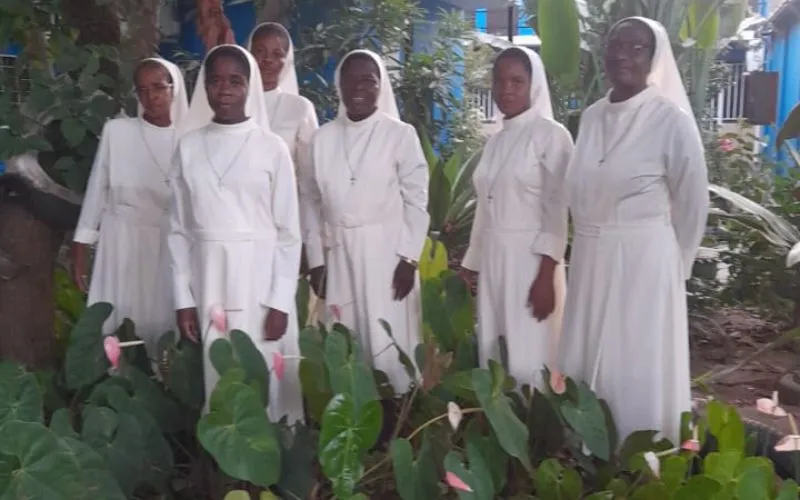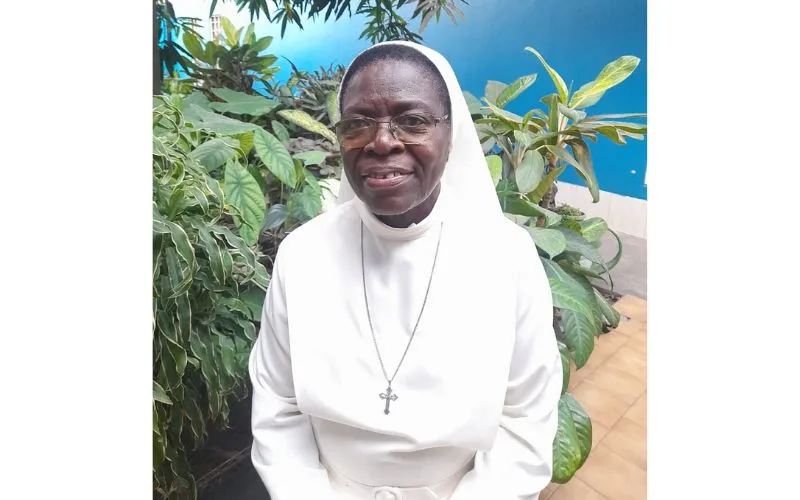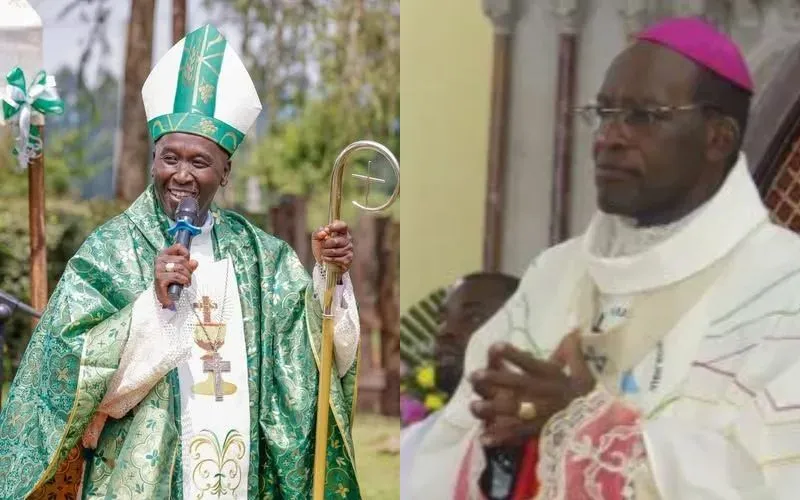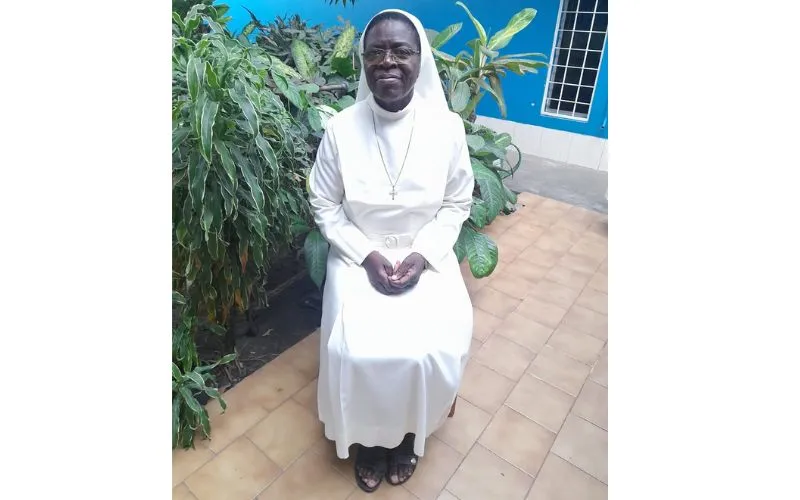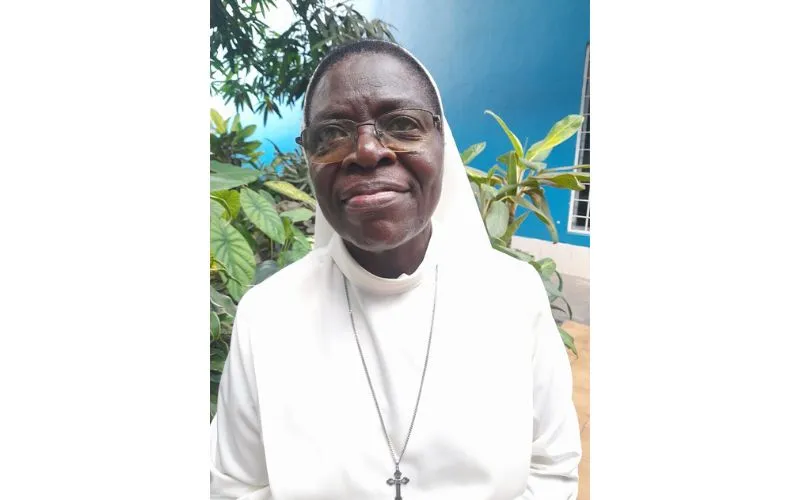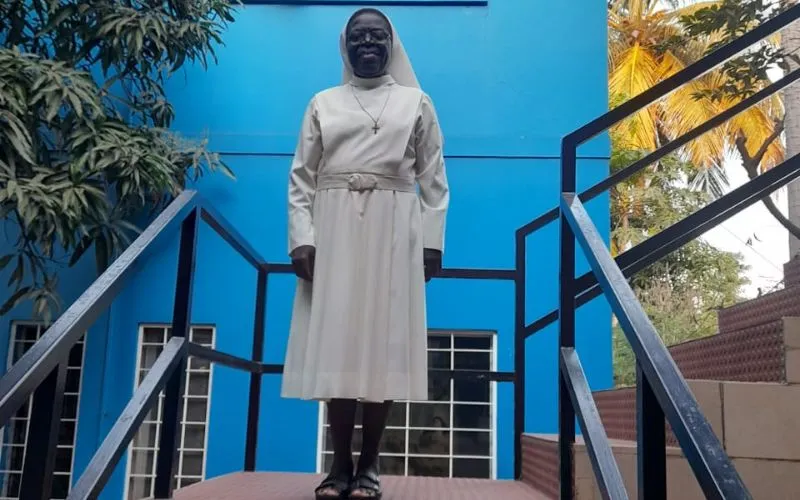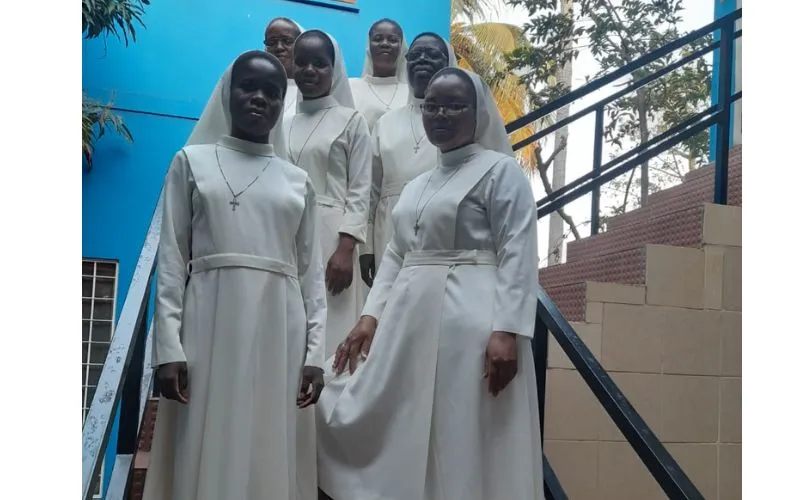Luanda, 09 June, 2024 / 11:11 pm (ACI Africa).
The Superior General of the Franciscan Sisters Servants Restorers of Jesus in the Blessed Sacrament (SFRJS) in Angola has attributed the growth of the congregation that was elevated to a full province in 2023 to the “spirit of communion in communities.”
The congregation that was founded in Bragança, Portugal, in 1941, arrived in Angola in 1962 with five sisters of its members opening the first house in the Diocese of Kwito-Bié in November 1962. The five were Sr. Maria de São Paulo, Sr. Maria de Nazaré, Sr. Maria de Anunciação, Sr. Maria de Fátima and Sr. Maria Rosa.
Since then, it has been a delegation with Sr. Emiliana Bundo as the first Angolan delegate elected in 2001, serving two consecutive terms of 4 years each.
For ten years, the delegation in Angola worked towards autonomy, and in May 2023, it was elevated to the category of Region of Our Lady Mother of Africa of the Franciscan Sisters Servants Restorers of Jesus in the Blessed Sacrament in Angola.
Sr. Bundo was elected as the congregation’s first Provincial Superior and she took office in August 2023.



